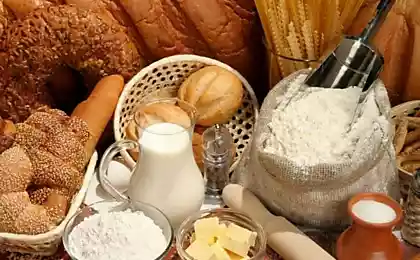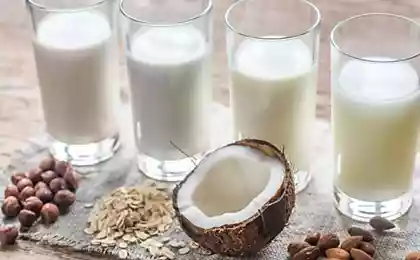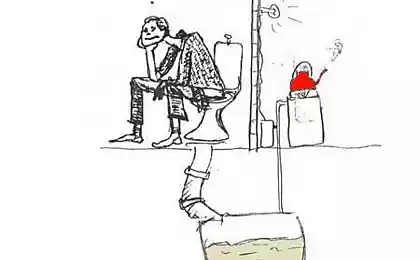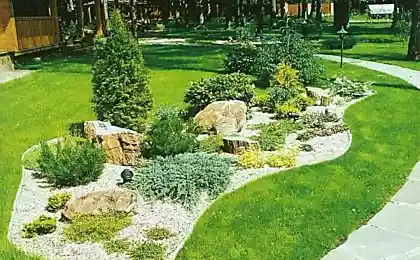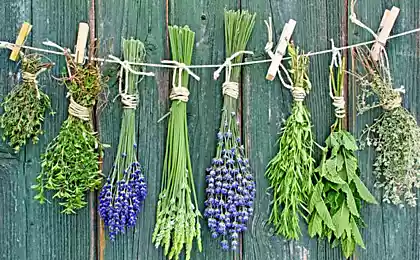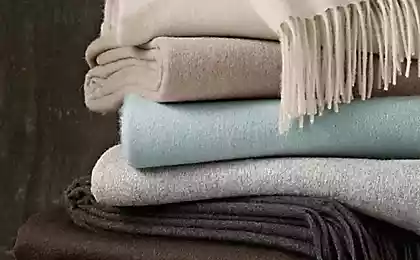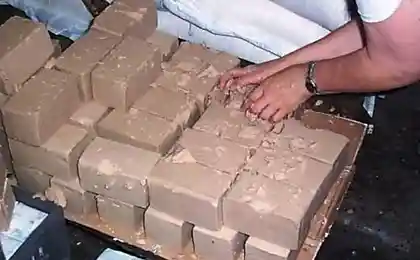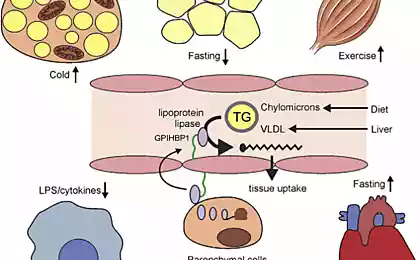603
Eco-textiles from sour milk
Fabric from milk?! Sounds pretty exotic, although they were invented back in the 30-ies of the last century. Only then the manufacturing process was too time-consuming and far from ecology. German microbiologist and fashion designer (a curious combination of interests) Anke Damaske looked at an old device with a new angle, perfected the formula and launched the world's first all natural and organic cloth from milk. Be limited to technological innovations, ambitious and enterprising German did not and gave on-mountain is also a stylish collection of women's clothing of the "white gold" Mademoiselle Chi Chi. Perhaps if Cleopatra knew how to create something similar, she would not only luxuriated in milk baths, but clothed in robes of milk.
Dairy eco-textiles with such a welcome metochi "Made in Germany" conquers the world under the brand Qmilch: Q (quality) – quality, Milch – milk (it.). High-quality milk?! Not at all! For them there was no smell! For the manufacture of tissue in the course is not qualitative, but only a second-class milk, it is unsuitable for use in the food industry. By the way, in Germany alone annually discarded about 1.9 tons is not fitting into the standards of milk. Instead of turning this milk into the normal municipal waste stream, it is possible to obtain technical casein – milk protein, formed under the influence of enzymes in the process has been curdled and strained milk. It is from casein, mixed with natural ingredients, Anke Damaske gets organic fiber, which creates its revolutionary ecological material.
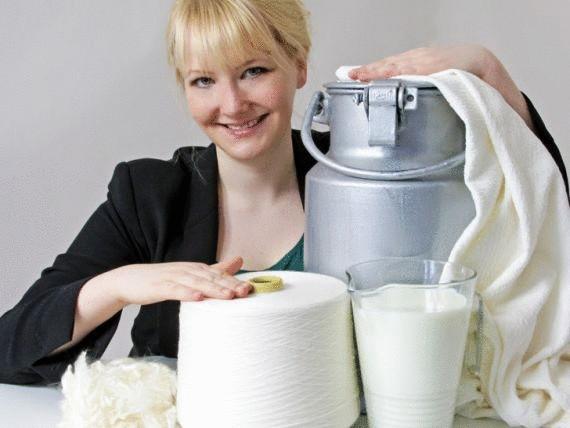
Unlike the raw materials used, the fabric itself is devoid of unpleasant odor, it has a delicate silky texture and a number of advantages that can not boast of other types of natural and synthetic materials. Textiles based on milk from Qmilch hypoallergenic, ideal for Allergy sufferers and people with sensitive skin. Casein contains amino acids, anti-aging and bactericidal action. Innovative material, according to Damaske, improves blood circulation and regulates body temperature, and it look like a silk soft texture not "bite" and not "scratched" when worn giving maximum comfort.
One dress takes about 6 liters of milk. Qmilch, unlike other "mammary tissue", more economically and efficiently uses water. Per kilogram of finished product is consumed about 2 liters of water, while to produce the same amount of cotton required more than 10 thousand liters of water! The difference is huge! In addition, the process Qmilch eliminates the use of chemicals and is waste-free. Another eco-feature from Qmilch is use for the production of fabrics exclusively "green" energy.
Anke Damaske calls his invention the textile of the future. She is sure that he will be a good use not only in fashion industry but also in medicine, clothes and bedding, in the interiors of cars. In the nearest plans – obtaining standard GOTS (Global Organic Textile Standard – an international standard for organic textiles), the release of new women's and first men's collection.
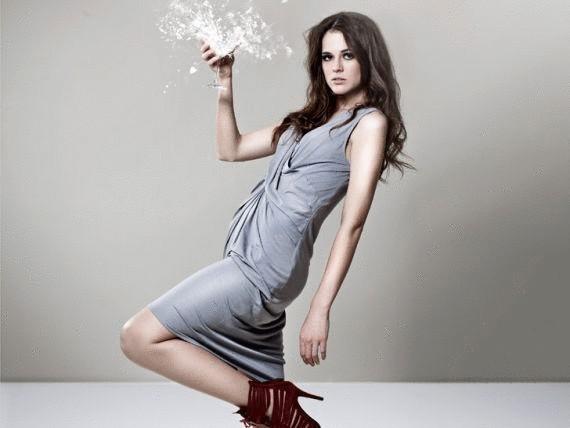
Source: /users/104
Dairy eco-textiles with such a welcome metochi "Made in Germany" conquers the world under the brand Qmilch: Q (quality) – quality, Milch – milk (it.). High-quality milk?! Not at all! For them there was no smell! For the manufacture of tissue in the course is not qualitative, but only a second-class milk, it is unsuitable for use in the food industry. By the way, in Germany alone annually discarded about 1.9 tons is not fitting into the standards of milk. Instead of turning this milk into the normal municipal waste stream, it is possible to obtain technical casein – milk protein, formed under the influence of enzymes in the process has been curdled and strained milk. It is from casein, mixed with natural ingredients, Anke Damaske gets organic fiber, which creates its revolutionary ecological material.

Unlike the raw materials used, the fabric itself is devoid of unpleasant odor, it has a delicate silky texture and a number of advantages that can not boast of other types of natural and synthetic materials. Textiles based on milk from Qmilch hypoallergenic, ideal for Allergy sufferers and people with sensitive skin. Casein contains amino acids, anti-aging and bactericidal action. Innovative material, according to Damaske, improves blood circulation and regulates body temperature, and it look like a silk soft texture not "bite" and not "scratched" when worn giving maximum comfort.
One dress takes about 6 liters of milk. Qmilch, unlike other "mammary tissue", more economically and efficiently uses water. Per kilogram of finished product is consumed about 2 liters of water, while to produce the same amount of cotton required more than 10 thousand liters of water! The difference is huge! In addition, the process Qmilch eliminates the use of chemicals and is waste-free. Another eco-feature from Qmilch is use for the production of fabrics exclusively "green" energy.
Anke Damaske calls his invention the textile of the future. She is sure that he will be a good use not only in fashion industry but also in medicine, clothes and bedding, in the interiors of cars. In the nearest plans – obtaining standard GOTS (Global Organic Textile Standard – an international standard for organic textiles), the release of new women's and first men's collection.

Source: /users/104

